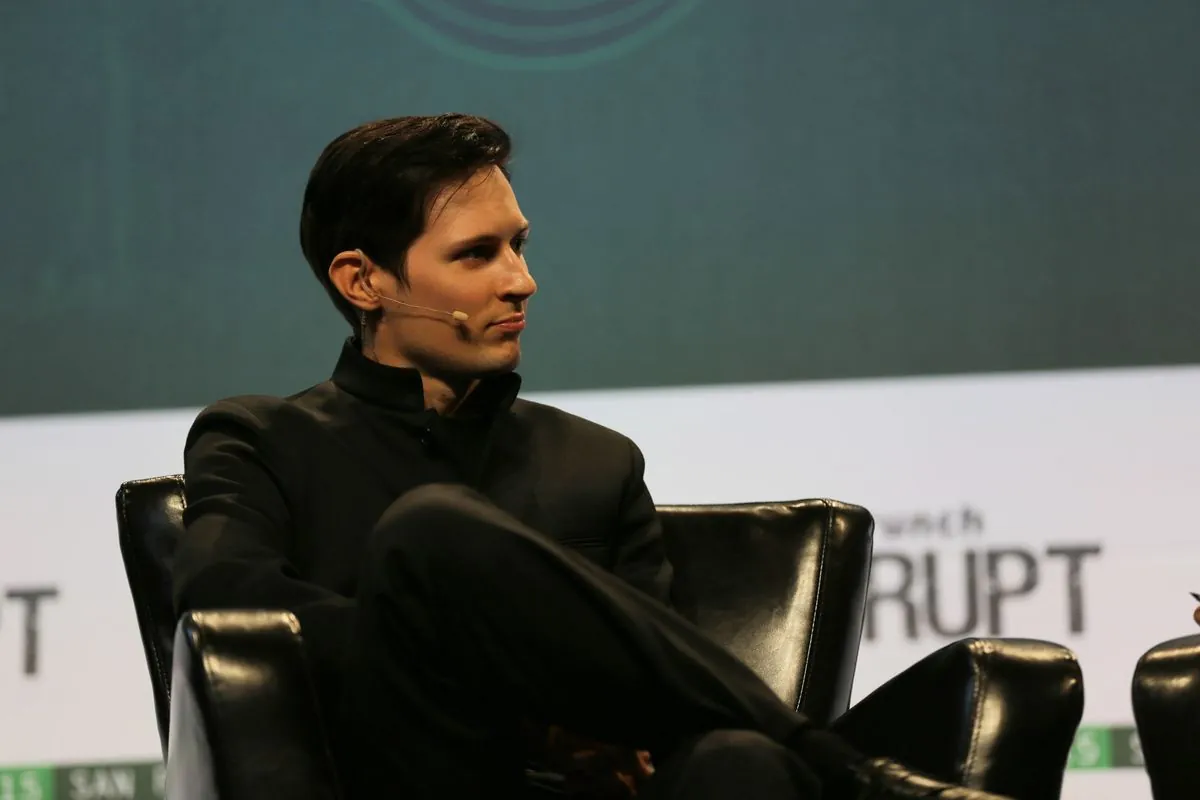Telegram CEO Faces Potential Formal Investigation in France
Pavel Durov, Telegram's founder, arrested near Paris. French judges to decide on formal investigation amid probe into organized crime on the messaging app, sparking debate on app providers' liability.

French authorities are set to make a crucial decision regarding Pavel Durov, the founder and CEO of Telegram, following his arrest near Paris. The Russian-born entrepreneur, who renounced his citizenship in 2022, faces potential formal investigation as part of a probe into organized criminal activities on the messaging platform.
Durov's detention occurred on August 24, 2024, as he arrived at an airport near the French capital via private jet. This incident has ignited a debate on the extent of app providers' criminal liability and the delicate balance between freedom of speech and law enforcement.
Telegram, boasting nearly 1 billion users globally, has gained significant popularity in Russia, Ukraine, and other former Soviet republics since its launch in 2013. The platform's emphasis on privacy and encryption has made it a preferred choice for users seeking secure communication.

The ongoing investigation focuses on several alleged offenses, including:
- Operating an online platform facilitating illicit transactions
- Possession of child sexual abuse material
- Drug trafficking
- Fraud
- Refusal to cooperate with authorities
- Providing cryptographic services to criminals
It's important to note that being placed under formal investigation in France does not imply guilt or guarantee a trial. However, it indicates that judges believe there is sufficient evidence to proceed with the probe.
"This arrest was not politically motivated."
Despite this assurance, the incident has further strained diplomatic relations between Russia and France, particularly given France's support for Ukraine in the ongoing conflict with Russia.
Durov, often referred to as "Russia's Mark Zuckerberg" due to his creation of VKontakte, Russia's largest social network, has been a controversial figure in the tech world. He left Russia in 2014 after refusing to hand over user data to the government, demonstrating his commitment to user privacy.
As the 96-hour detention period approaches its end, French investigative judges must decide whether to place Durov under formal investigation and potentially in pretrial detention. This decision will consider factors such as flight risk, given Durov's international profile and resources.
The case against Telegram raises important questions about the responsibility of tech companies in moderating content and cooperating with law enforcement. While the platform has been praised for its role in facilitating communication during protests worldwide, it has also faced criticism for potential use by extremist groups.
As the tech world watches closely, the outcome of this case could have far-reaching implications for the future of encrypted messaging apps and the balance between user privacy and public safety.


































